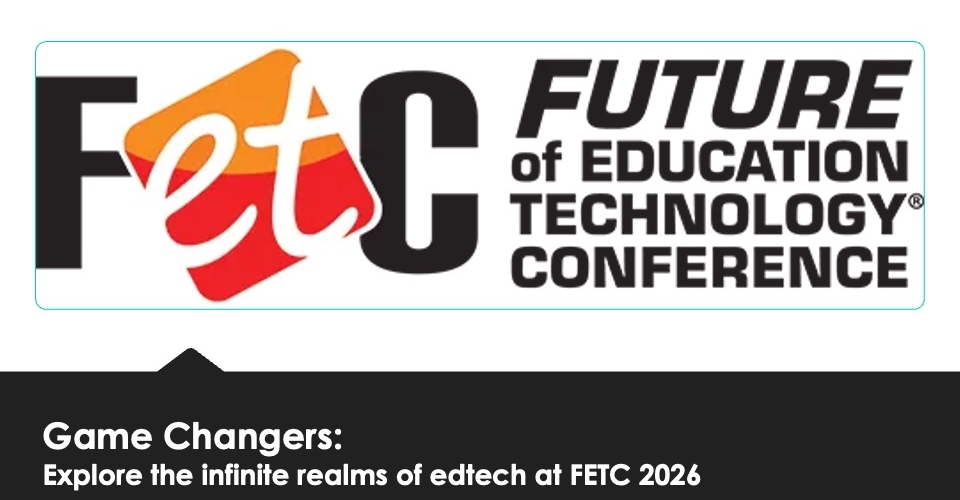Fewer high schoolers than ever aspire to obtain a college degree, new research confirms.
In 2022, only 44% of high school students said they anticipate earning a bachelor’s degree, a decline of nearly 30% over two decades, according to a research brief from the Pell Institute. The researchers argue that this is a sign of growing uncertainty among our youth about postsecondary attainability.
The data comes after the Trump administration halted the National Center for Education Statistics’ longitudinal surveys.
The elimination of these surveys will make it harder to track the progress of high school students in order to improve education outcomes, said Sean Simone, vice president of research at the Council for Opportunity in Education and director of the Pell Institute.
The report also highlights disparities by parental education level. In 2002, 60% of first-generation students aspired to earn a bachelor’s degree. By 2022, that number had plummeted to 33%.
Among students with at least one parent holding a bachelor’s degree, aspirations dipped from 83% in 2002 to 53% in 2022.
Is higher ed headed in the right direction?
A growing share of Americans (70%) now believe that higher education is going in the wrong direction, according to a Pew Research Center analysis also released this week. Only 28% say it’s on track for success.
Additionally, many Americans give colleges and universities negative ratings across several areas, including tuition costs and preparing students for the workforce. Here’s a look at those grades:
- 79% of adults say institutions are only doing a fair or poor job of keeping tuition costs affordable.
- Nearly half or more of adults say institutions are doing only a fair or poor job at preparing students for well-paying jobs (55%), providing financial help to students (52%) and developing critical thinking and problem-solving skills (49%).
- 45% say institutions are doing a fair or poor job of exposing students to a wide range of opinions and viewpoints.
- 46% of adults say institutions provide opportunities for students to express their own opinions and viewpoints.
- 46% say institutions are doing a fair or poor job at providing mental health support.
- 32% give institutions a fair or poor rating in advancing research and innovation.
The data comes as the Trump administration pushes to overhaul higher education. Recently, the administration invited nine institutions to sign on to a higher education compact, which offers preferential funding in exchange for compliance with components of President Donald Trump’s agenda, University Business’s Matt Zalaznick reports.
The compact includes requirements for schools to cap tuition rates, restrict international enrollment and end DEI programs.
“Higher Education has lost its way, and is now corrupting our Youth and Society with WOKE, SOCIALIST, AND ANTI-AMERICAN Ideology,” Trump posted on Truth Social. “My Administration is fixing this, and FAST, with our Great Reform Agenda in Higher Education.”
More from DA: Special education takes massive hit in government shutdown



